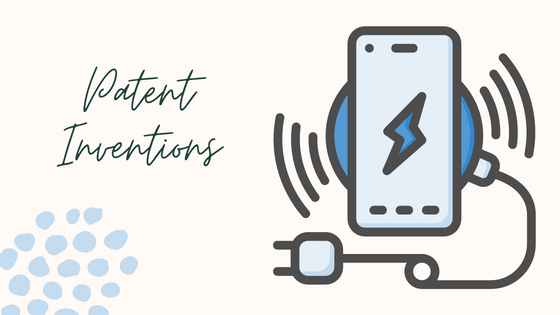Getting a patent can be a complicated process, but it’s worth the effort if you want to protect your invention. This guide will help you understand how to patent your invention, from start to finish.
Research Existing Patents
The first step in the patenting process is to determine if your invention is new. To do this, you’ll need to conduct a patent search. The U.S. Patent and Trademark Office (USPTO) provides a searchable online database called the Patent Full-Text and Image Database that you can use to search for existing patents. It’s important to make sure that your invention is unique and not already patented before you begin the patenting process. Learn more from this article – Go now.
File a Provisional Patent Application
Once you’ve determined that your invention is unique, you can file a Provisional Patent Application (PPA) with the USPTO. This application is a placeholder for your invention and establishes an official filing date. The PPA is valid for one year, but you can extend it if necessary. Once you’ve filed the PPA, you can begin marketing and selling your invention.

Prepare a Detailed Description of Your Invention
To prepare for a patent application, you’ll need to create a detailed description of your invention. This description should include drawings, schematics, and other materials that clearly explain how your invention works. This information is necessary to ensure that your invention is patentable.
Submit a Patent Application
Once you’ve created a detailed description of your invention, you can submit a patent application to the USPTO. This application should include all of the information you’ve collected, including drawings, schematics, and a description of your invention. Once you’ve submitted the application, the USPTO will review it to determine if your invention is eligible for a patent.
Monitor the Status of Your Application
Once you’ve submitted your application, you can monitor its status online. The USPTO provides an online system called the Patent Application Information Retrieval (PAIR) system that allows you to check the status of your application. You can also use the PAIR system to check for any updates or changes to your application. Learn more on radaronline.com.
Conclusion
Patenting your invention is a complex process, but it’s worth the effort if you want to protect your invention and get the recognition you deserve. By following these steps, you can ensure that your patent application is successful.




